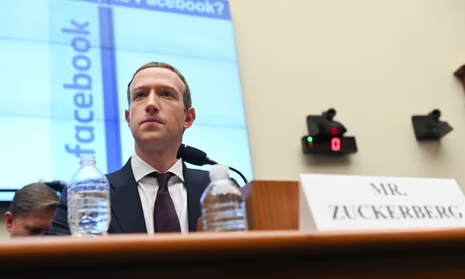
Artificial intelligence (AI) has taken over a range of duties, from basic to sophisticated, including making movies and music, according to Aitana Lopez, a Spanish AI model. Aitana, an influencer, is the most recent example of artificial intelligence in action.
Aitana Lopez, a 25-year-old virtual influencer, uses artificial intelligence and her proficiency in Photoshop to power her posts.
A group of designers and artificial intelligence specialists created Aitana, programming her to meticulously construct her appearance, demeanor, and way of life.

Aitana has a distinct personality that is meant to appeal to contemporary audiences, in contrast to traditional models who serve as blank canvases for designers.
With more than 121 million followers at this point, Aitana Lopez makes about £9,000 (about 9 lakh) a month.
Aitana’s online persona presents an interesting tale; she was originally envisioned as a fitness enthusiast with a strong will and complex personality. She presents herself on her website as a friendly and compassionate person, and her social media accounts take fans on weekend trips to Madrid, gaming sessions, and an acceptance of the blending of Eastern and Western cultural trends.
The idea that stories evoke a stronger emotional response in viewers than static images led to the development of Aitana. “We felt it was important to give her a realistic edge so that people could identify with her,” says the graphic designer who created her.
Apart from attracting audiences, Aitana and her peers possess the capability to cause a stir in the influencer marketing sector. Customers are lining up to commission their virtual models because they want personalised ambassadors without having to worry about problems with continuity in real life or pay outrageous prices.

There has been debate concerning Aitana’s existence. Many express worries about the overly sexualized representation of these digital personalities and the promotion of unattainable beauty standards. Still, her creators contend that they just represent the current aesthetic standards established by legitimate influencers and corporations.
Is It Ethical for AI Influencers?
Still, concern has been raised by the rise of AI influencers. Some express worry that these models could instill in the next generation of people unattainable ideals of beauty. Aitana herself somewhat reflects the tendency to sexualized imagery that is sometimes linked with influencers, which is another cause for concern. This strategy is defended by the Aitana developers, who claim that they are only mirroring the current marketing aesthetics of companies and current consumers. They want brands to adapt their ways in order to provide a more realistic and diversified picture, arguing that it is their duty to bring about change.
Are Influencers in AI Ethical?
But there is concern around the rise of AI influencers. Critics express worry about the high beauty standards that these models may instill in the next generation of people. Concerns have also been raised regarding the pervasive sexualized images linked to influencers, a pattern that Aitana partially exemplifies. The Aitana developers justify this strategy by saying that they are only mirroring the current marketing aesthetics of companies and current influencers. They argue that brands should be held accountable for the shift and call on them to modify their approaches in order to provide a more accurate and diversified image.
The tale of Aitana Lopez illuminates the opportunities and difficulties faced by AI influencers. In addition to providing marketers and content producers with new and intriguing opportunities, this technology sharpens our emphasis on ethical issues related to body image and portrayal. In order to ensure the responsible and equitable use of this potent technology, it will be imperative to address these concerns as AI develops.
https://youtu.be/PISG7TvW21Y?si=taWg1t3Azi7ZaVwC



















